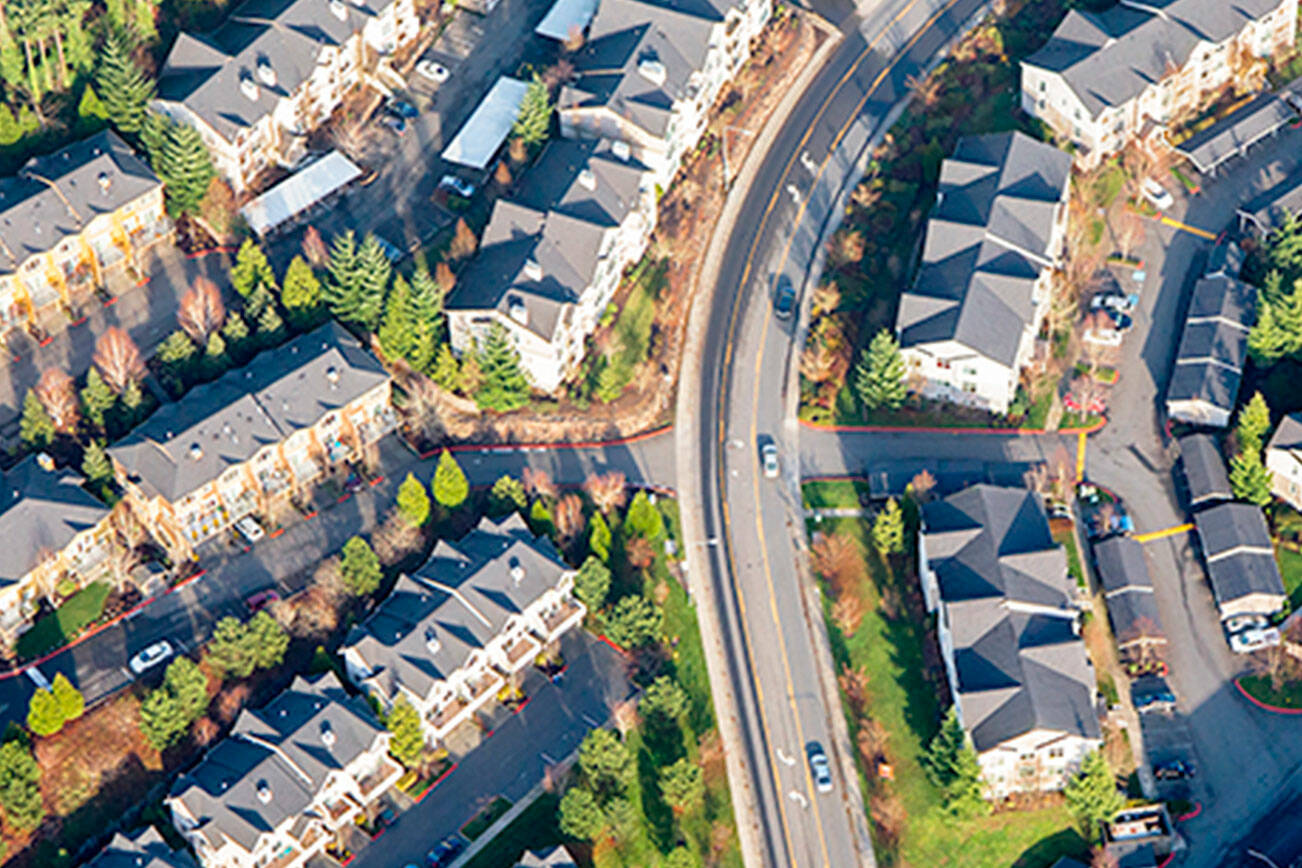A housing action plan is in the works for the Snoqualmie Valley to analyze housing needs while encouraging affordable development for low-income residents.
The plan is a combination between the cities of Snoqualmie, North Bend, Carnation and Duvall and is funded through a total of $75,000 in grants provided by a new Washington State Department of Commerce program that was created last year by the state Legislature.
“I’m really excited we got this grant,”said Snoqualmie Mayor Katherine Ross. “One of our goals has been to do an affordable housing plan and this will help identify what the housing needs are throughout the Valley.”
About $55,000 of that funding was awarded directly to Snoqualmie and will go toward a Snoqualmie specific housing needs assessment. The remaining $20,000 is a combination of partial grants received by the other three cities and will be used by North Bend to spearhead a Valley-wide housing needs assessment.
The plan is expected to help city officials understand current housing challenges in the area and define gaps between current housing options and the number and type of housing units needed. It is also expected to serve as a reference for future development to minimize displacement of low-income residents.
According to a Snoqualmie Valley Community Needs Assessment completed in 2019, the Valley has more single-family homes compared to the rest of King County because of its rural geography, and is in need of more diverse and affordable housing.
That need was referenced primarily by older residents on fixed incomes, recent immigrants who have moved to the Valley, and those working in agriculture, according to the same report.
Over the next several months, city staff are expected to analyze projected housing needs, current housing programs, population and employment trends, land use and zoning laws — with the goal of producing a Snoqualmie Valley and Snoqualmie specific needs assessment by July 15.
After the assessments, Snoqualmie will work to complete a draft housing action plan by the end of 2022, with a final adopted plan expected sometime in June of 2023. The plan is expected to be a major component of the city’s 2024 Comprehensive Plan Update.


